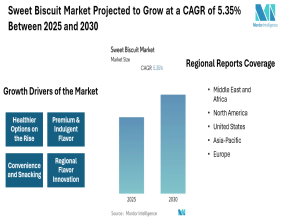Highlights:
- The FTSE index reflects movements within the UK stock market.
- Key companies are represented within the FTSE indices, showcasing diverse sectors.
- Tracking the latest FTSE price can provide important information for market watchers.
The latest FTSE price reflects the overall performance of the UK stock market, encompassing various sectors from energy to finance. The FTSE index, specifically the FTSE 100, includes major companies that lead the UK's economy. It is an essential indicator of market trends, and understanding its movements can help grasp the broader economic picture.
Overview of the FTSE Index
The FTSE index represents a collection of large-cap UK companies listed on the London Stock Exchange. It plays a key role in monitoring the market's health and is used by many to gauge the economic landscape. Companies from sectors such as finance, energy, and consumer goods contribute to its fluctuations. The FTSE serves as a barometer for the UK market's overall direction and can provide insight into economic conditions.
Notable Companies in the FTSE Index
Within the FTSE 100, several prominent companies play a significant role in shaping the index’s movements. For example, oil and gas giant BP (BP.L) and multinational banking group HSBC Holdings (HSBC.L) are among the key players whose stock performance directly influences the FTSE's trajectory. Similarly, retailers like Tesco (TSCO.L) and pharmaceutical firms such as AstraZeneca (AZN.L) are also part of the index, providing stability and diversity across various sectors.
Market Drivers of the FTSE Price
Several factors impact the FTSE index, including global economic trends, commodity prices, and corporate earnings reports. The performance of the companies within the index can be a direct reflection of broader economic shifts. Changes in interest rates, government policy, and international trade agreements can also influence the FTSE’s price, making it sensitive to both domestic and international events.
Tracking the Latest FTSE Price
For those monitoring the latest FTSE price, real-time updates are crucial. Fluctuations in the price can indicate market sentiment, with rises and falls often tied to shifts in economic data or corporate performance. It is essential to keep an eye on these movements as they may reflect investor confidence, market stability, and overall economic trends.
The Impact of Global Events on the FTSE Price
While the FTSE index primarily tracks UK-based companies, global events can also have a substantial impact on the price. For example, changes in the global oil market can significantly affect companies like BP, while international trade disputes or shifts in currency exchange rates may influence the performance of multinational companies listed on the FTSE. Keeping track of global economic news can provide additional context for understanding the movements of the FTSE.





